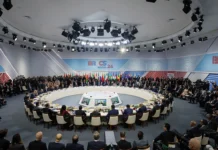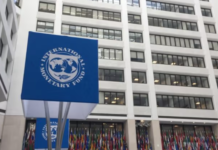HARARE – The Reserve Bank of Zimbabwe (RBZ) has projected that the country’s foreign currency reserves will exceed US$1 billion by the end of 2025 — a milestone expected to bolster confidence in the ZiG and cement its role as the country’s primary local currency.
Acting RBZ Governor, Dr Jesimen Chipika, made the announcement at the 11th Annual CEO Africa Roundtable Conference held in Victoria Falls, revealing that Zimbabwe’s reserves have surged from US$276 million in April 2024 to over US$900 million by September 2025.
“At this level, our reserves cover the ZiG reserve money more than four times,” Dr Chipika noted. “This provides the RBZ with strong capacity to intervene in the foreign exchange market, smooth out volatility, and sustain stability.”
Dr Chipika emphasised that accumulating a robust reserve base is vital to underpinning the ZiG’s stability and credibility, a key step towards transitioning to a mono-currency system.
On inflation, the Acting Governor said the annual ZiG inflation rate—currently standing at 82.7 percent—was largely driven by a one-off price spike in October 2024. She projected a sharp decline to between 20 and 30 percent by the end of 2025, with a further drop to single-digit inflation in the short term. This, she said, aligns with the government’s goal of achieving double-digit inflation by year-end.
Dr Chipika reiterated that the transition to a ZiG-led economy would be gradual and market-driven, dependent on achieving macroeconomic stability. This includes maintaining sufficient reserves to cover at least three to six months of imports, alongside keeping inflation within the 3–7 percent target range.
“Building a solid foundation for the ZiG through fiscal discipline, reserve accumulation, and inflation control remains our top priority,” she affirmed.
The RBZ’s announcement marks a major confidence boost for both investors and the public, reflecting Zimbabwe’s ongoing efforts to stabilise its financial system and reinforce the local currency amid broader economic reforms.
Source: The Herald











